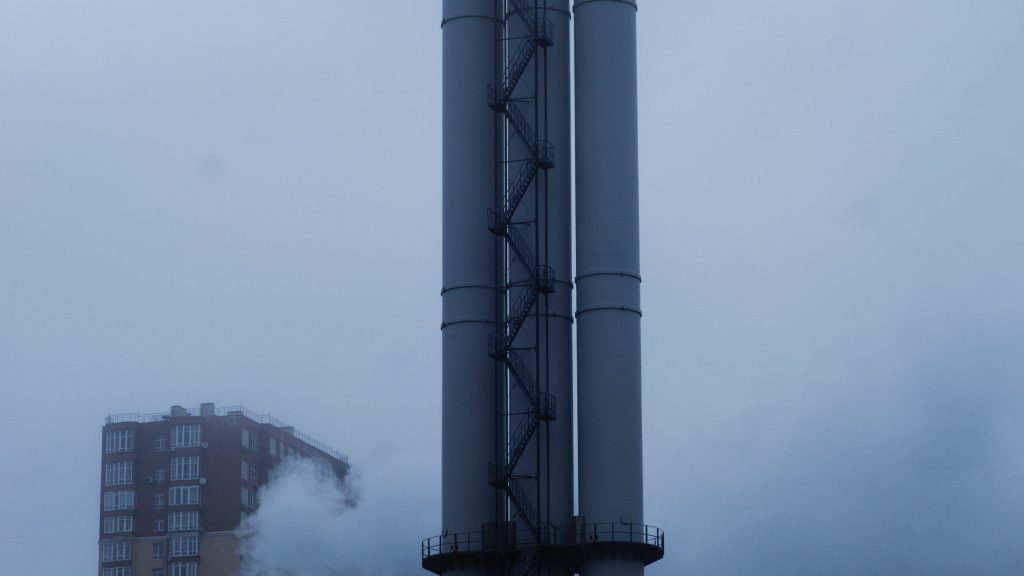The U.S. Supreme Court ruled against the Environmental Protection Agency last Thursday, restricting the agency’s ability to reduce greenhouse gas emissions across the country as climate change continues to disproportionately impact low-income communities and residents of color.
Moving forward, the EPA will need explicit permission from Congress to enforce such regulations. The 6-to-3 decision has also sparked concerns nationwide that the ruling might affect the regulatory efforts of similar federal agencies, according to GBH.
“The consequences of this decision will ripple across the entire federal government, from the regulation of food and drugs to our nation’s health care system, all of which will put American lives at risk,” said Senate Democratic leader Chuck Schumer of New York.
Research experts and environmental advocates continue to study the variety of ways climate change continues to affect vulnerable communities throughout the country.
“Disasters can have the effect of widening existing inequalities,” said Caroline Ratcliffe, a senior economist at the Office of Research at the Consumer Financial Protection Bureau (CFPB).
Black residents who experience extreme weather encountered financial issues three times the rate of white people while Latino residents faced financial problems more than twice the rate of white people, according to a nationwide survey conducted by NPR, the Robert Wood Johnson Foundation, and the Harvard T.H. Chan School of Public Health.
“Facing extreme weather has had a substantial impact on millions of Americans, who have had serious property damage, health, and financial consequences,” said Professor Robert J. Blendon of Harvard T.H. Chan School of Public Health.
Publisher’s Notes: This story is an aggregate from GBH.
Cover Photo by Саша Круглая




